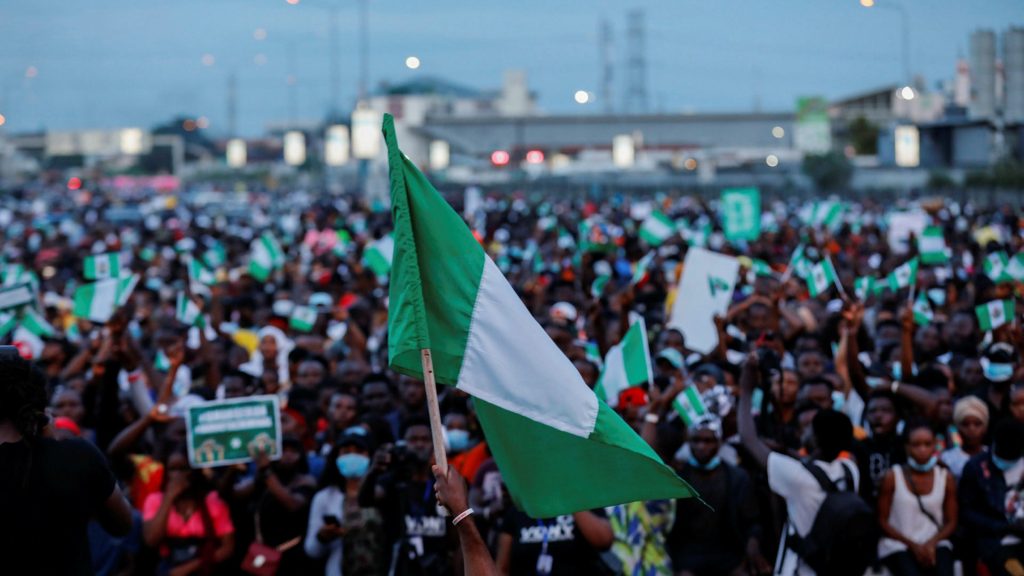Today, October 1, 2025, is Nigeria’s 65th anniversary as an independent nation. In reality, Nigeria, which was amalgamated on January 1, 1914 by joining the Southern and Northern Protectorates with the Colony of Lagos, is exactly 111 years and ten months old.
Nigeria’s greatest problem, historically, is lack of unity. The British colonial authorities, with the consent of the indigenous Nigerian delegates to the pre-independence talks in London and Ibadan, agreed that the Federal structure, which was introduced in 1951 and indigenised in 1954, was the best system to carry our ethnic, religious and cultural diversities into the future.
For a diversity such as ours to function properly, the foundation must be solidly built on equity, a common sense of belonging and unified aspirations. Unfortunately, the British deliberately foisted an unequal Federalism. The North was given the lion’s share in landmass and controversial majority stakes in population and political representation at the Centre.
On the positive side, the intense rivalries that followed the British exit on October 1, 1960, resulted in very rapid economic, educational and infrastructural developments among the Regions. On the negative side, however, the struggle for domination by each Region and their major ethnic agglomerations – Hausa, Igbo and Yoruba – coupled with the struggles of the Minorities under them, plunged the country into crises and civil war barely six years after independence.
The military which replaced the civilians foisted a centralised Federalism that capitalised on the oil boom of the 1970s to evolve the current syndrome of dependency of the federating units on the Centre. The federating units which were once the workshops where the nation’s wealth was produced, changed to the current consumption mode.
With the rapid explosion of our population from 45 million in 1960 to about 230 million today, Nigeria has since become officially the “poverty capital of the world” with over 20 million out of school children.
Our leaders weaponised our diversity for selfish gain.
Today, Nigerians freely trade mutual ethnic hatred on the social media, with obscene ethnic profiling. Also, the State has become so weak that armed foreign and indigenous criminals have taken over our forests, levying widespread insecurity on the nation, with our armed forces barely able to cope.
To prevent state collapse, another round of ethnic bloodshed and the fate bedevilling Sudan today, Nigerians must rethink their attitudes to Nigeria. We must return power to the people to enable them participate in flushing out agents of insecurity, electing leaders of their choice and reignite productivity.
Nigeria can be salvaged. It requires sound leadership. With visionary and patriotic leadership, the long elusive Nigerian Dream is still achievable.
The post Who will unite, protect Nigerians? appeared first on Vanguard News.

